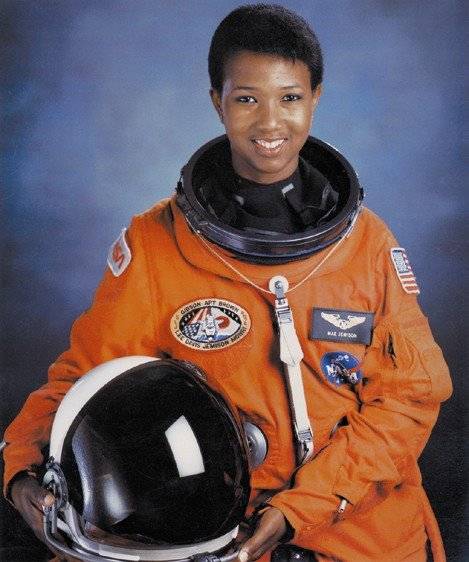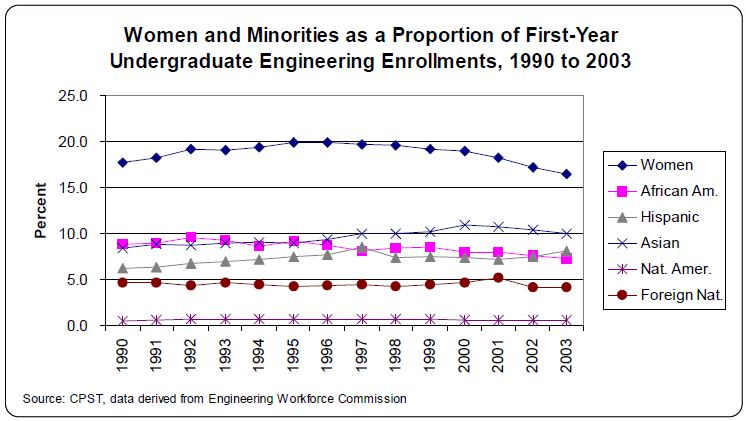 February is Black History Month. There was a great broadcast on the radio last weekend about the 1960s and the Civil Rights movement. The broadcasters had interviews by people who had lived and marched for equality during those years. It was deeply moving.
February is Black History Month. There was a great broadcast on the radio last weekend about the 1960s and the Civil Rights movement. The broadcasters had interviews by people who had lived and marched for equality during those years. It was deeply moving.
I was driving and wasn’t able to take notes, so I don’t know who produced the broadcast or the speakers were, but I tuned in while they were interviewing a renowned mathematician, who recounted his experiences as a child. He had to fight every single day to gain access to the resources that would enable him to eventually earn him his doctorate in science, math, and engineering. I got choked up listening to him talk about how hard he had to fight against the prejudices of his teachers, the peer pressure from his classmates, who saw science and math as the province of whites, the weight of societal certainty, that told him that as a black, he had no business striving to master mathematics.
“Math is a civil right,” he said, and I felt as if he had struck a tuning fork next to my heart. Yes. Yes. Yes.
Knowledge is power. Science and math give us the ability to understand how the world works. Engineering gives us tools to apply that knowledge to improve people’s lives. And yet, many people of color and women avoid careers in science, math and engineering. We are suspicious, perceiving technical professions as fields of endeavor that are hostile to us. With good reason; the habits of patriarchy and racism are deeply embedded in STEM professions. As a woman who has spent most of her adult life working as an engineer, I can attest that I have often felt as though I was having to prove myself over, and over, and over again, in ways my male colleagues never had to do.
Is it any wonder that women and people of color turn away from careers in STEM?
And yet I cling to that love of science and technology that I discovered as a girl. Understanding how the universe works is the real magic. The real truth. It’s our world to savor too, those of us excluded from power by our gender, or our ethnicity, by our sexuality or whatever otherness we carry that causes those in power to shun us. We have the right to dive deep into the language of science, embrace and discover its mysteries.
In my stories, I’ve written on the harder side of SF, and I’ve had friends and family lament that fact. “You’re such a good writer,” they say. “Why do you have to write science fiction? Can’t you write something more… accessible?”
Yeah, I probably could. But I don’t want to. I write what I write because I want to share that love of science and technology. I want to share that passion. I want to paint worlds in which girls, and other Others, who dream those techie dreams–traveling to other worlds; building their own robots; curing diseases that cripple and destroy–grow up to achieve great things. Make a contribution. Matter.





